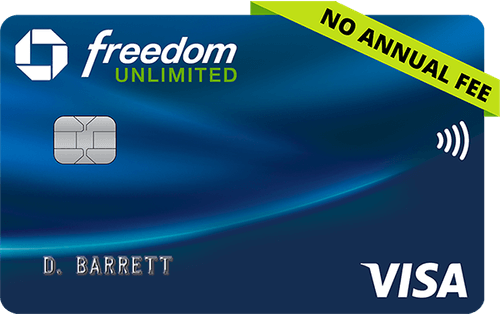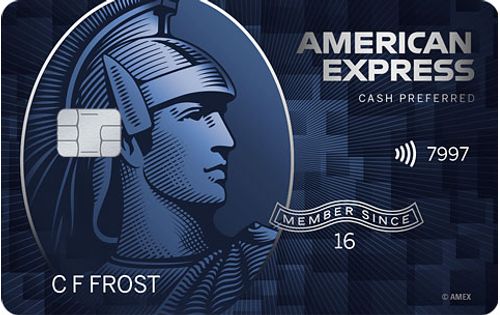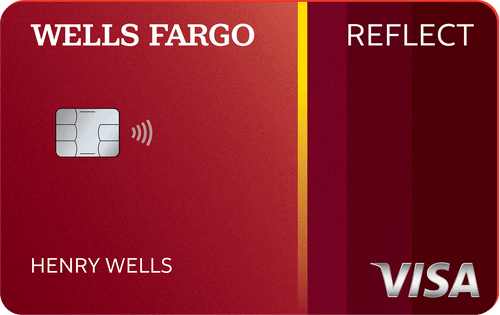Christie Matherne, Credit Card Writer
@christie_matherne
You can easily find the interest rate on your credit card by looking at your monthly credit card statements, your online account, or your cardmember agreement. Your interest rate will be there in the form of an annual percentage rate (APR). As “annual” implies, an APR is the cumulative interest rate for a whole year, but you can use it to calculate your actual interest charges from day to day or month to month.
How to Calculate Your Credit Card's Daily Interest Rate
You can figure your daily interest rate – or daily periodic rate – by dividing your APR by 365 (days in a year) because credit card interest compounds daily. (It’s worth noting that some card issuers may divide by 360 rather than 365). This calculation will give you the actual daily rate at which you accrue interest on a card. If your APR is 19.99%, your daily periodic rate would be 0.0547%.
The terms APR and interest rate are often used interchangeably. For general purposes, they express the same idea, though you’ll get a much better sense of your actual “interest rate” by using the daily periodic rate.
How Your Credit Card Interest Rate Can Change
It’s worth noting that most credit card rates change (indicated in terms by a V next to your APR). So if the so-called prime rate that credit card APRs are tied to goes up, your rate will rise, too. A credit card agreement may note that the account’s APR is the prime rate plus a certain fixed percentage. Or, your rate might rise to a penalty APR (also found in credit card terms) if you miss a payment. Your card issuer must notify you of a rate change 45 days before it takes effect, unless you’re 60 days or more past-due on payment.
When Your Interest Rate Won't Matter
Though it’s good practice to keep an eye on your APR, interest rates don’t matter if you pay your credit card bill in full every month. If you aim to pay no interest, you won’t have to worry about crunching these numbers.

People also ask
Did we answer your question?
Important Disclosures
Ad Disclosure: Certain offers that appear on this site originate from paying advertisers. For full transparency, here is a list of our current advertisers.
Advertisers compensate WalletHub when you click on a link, or your application is approved, or your account is opened. Advertising impacts how and where offers appear on this site (including, for example, the order in which they appear and their prevalence). At WalletHub we try to present a wide array of offers, but our offers do not represent all financial services companies or products.
Advertising enables WalletHub to provide you proprietary tools, services, and content at no charge. Advertising does not impact WalletHub's editorial content including our best picks, reviews, ratings and opinions. Those are completely independent and not provided, commissioned, or endorsed by any company, as our editors follow a strict editorial policy.



